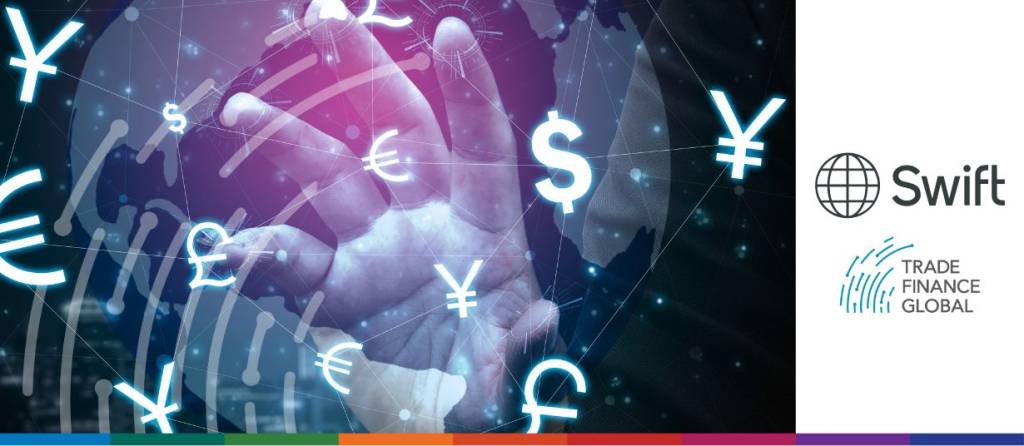The SWIFT network, operated by the Society for Worldwide Interbank Financial Telecommunication, facilitates secure messaging between financial institutions globally. Abdelkader Husriyeh, governor of Syria’s central bank, told Reuters that a… read more →
Commerzbank, ING, Santander, and Standard Chartered announced their backing of the International Chamber of Commerce’s Principles for Sustainable Trade Finance on Thursday, collectively representing about 25% of the global trade… read more →
The transaction, completed on Tuesday, used a digital bill of exchange alongside supporting documents powered by blockchain verification technology from Swedish fintech Enigio, and executed through an interoperable digital channel… read more →
International businesses have watched the recent imposition of trade tariffs with a degree of trepidation as to the effect on their own supply chains and business operations. With the establishment… read more →
This marks a significant step in the bank’s digital transformation as Latin America seeks to capitalise on a potential $90 billion trade finance opportunity, shifting from legacy back-office systems to… read more →
The cloud-based solution will initially launch in South Africa before being rolled out to other markets as RMB strengthens its international presence in trade finance capabilities. The bank has operations… read more →
As a customer, it looks like payments are becoming easier than ever. With a tap of a card or two clicks in an online store, our money can change hands… read more →
Banks have access to an unparalleled amount of data, and are beginning to service clients beyond traditional financing. Anonymised and aggregated spending data can help businesses make more informed decisions.… read more →
Have you ever looked at your bank statement and seen a payment you don’t recognise? If so, you’re not alone. Traditional electronic payments often only include basic information, like the… read more →
However, how to overcome these challenges – especially in a complicated geopolitical landscape – and evolve with the opportunities remains a hot topic. Finastra, a global provider of financial software… read more →
























